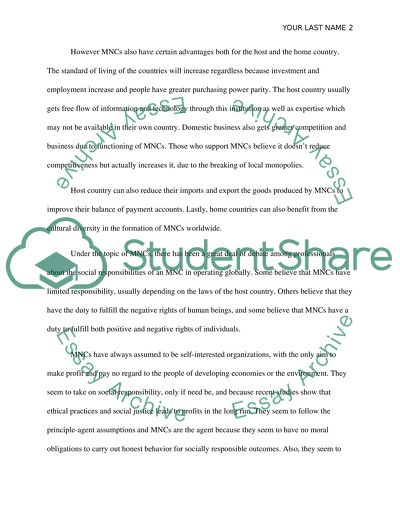Cite this document
(“Social responsibilities of multinational corporations Essay”, n.d.)
Retrieved from https://studentshare.org/philosophy/1466693-social-responsibilities-of-multinational
Retrieved from https://studentshare.org/philosophy/1466693-social-responsibilities-of-multinational
(Social Responsibilities of Multinational Corporations Essay)
https://studentshare.org/philosophy/1466693-social-responsibilities-of-multinational.
https://studentshare.org/philosophy/1466693-social-responsibilities-of-multinational.
“Social Responsibilities of Multinational Corporations Essay”, n.d. https://studentshare.org/philosophy/1466693-social-responsibilities-of-multinational.


